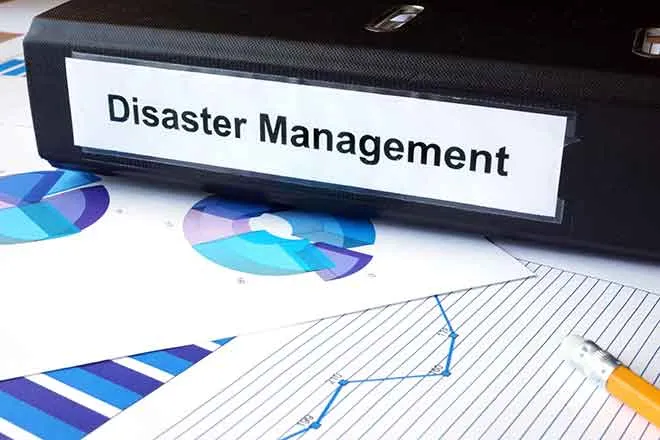
Methane rule sets Colorado on course to cash in on new detection tech
(Colorado News Connection) The Colorado Air Quality Control Commission has adopted a new rule requiring direct measurement of methane emissions at oil and gas sites, a move welcomed by environmental and local government groups, and industry.
Joe Antus - the executive director of the Signal Tech Coalition - said the new rule will help lower the amount of methane, the primary component of natural gas, lost at oil and gas sites.
It can also kickstart a key tactic for turning the tide on climate change.
"Methane is 80 percent more effective at trapping heat than CO2," said Antus. "It accounts for 25 percent of today's global warming. And there are quick, cost-effective ways to slow the rate of global warming just by tackling methane now."
Colorado's Front Range air quality has been repeatedly downgraded by the Environmental Protection Agency, most recently from "serious" to "severe" due to health threatening ozone levels.
Oil and gas emissions are a significant contributor to ozone pollution. The new rule requires oil and gas operators to demonstrate, with real-world data, that they are meeting emission reduction standards.
Colorado has taken a leadership role in regulating methane, which has created new technologies that allow operators to find and fix leaks, and bring more gas to market.
Antus said the new rule will send a clear signal to the market that demand for this technology will be on the rise, which could open the door for investors to deploy the capital necessary to reduce methane pollution at scale.
"This first step," said Antus, "will be giving appropriate guidelines of how you want to measure methane, how to do that effectively, and how to make that economically compelling for investors."
Emissions from fossil fuels need to be cut by 45 percent by 2030, and reach net zero by 2050, to avoid catastrophic impacts of a warming planet - according to the world's top scientists.
Antus said facing the task of reducing emissions fast enough can feel overwhelming.
"This is really exciting because we're able to make a lot of these changes quickly," said Antus. "It's not going to cost a lot of money. It's cost effective, and in fact it's going to invest in Colorado technologies."
















